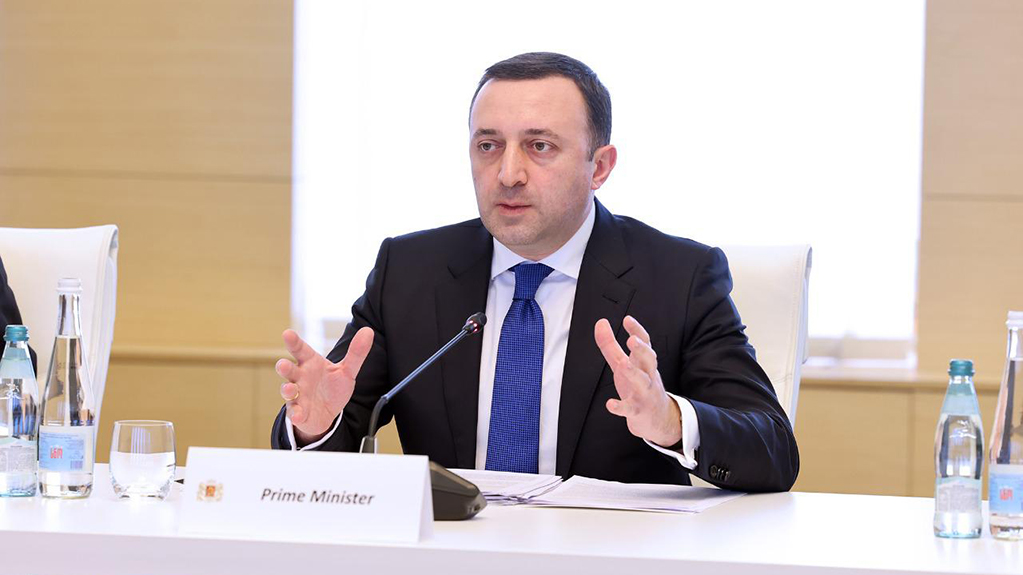Prime Minister Irakli Gharibashvili criticized food and oil importers at the government meeting today and said that they work with a very high-profit margin, with almost 100% markup. The Prime Minister instructed ministers of Economy, Finance, and Agriculture to immediately create a working group, to gather weighty importers and bring down the prices to some reasonable limit.
News
"Several weeks ago, I instructed the National Competition Agency to scrutinize the commodity pricing. I was wondering to what extent the importers were decent and whether such profit margins charged by importers were reasonable. The findings of the study are truly alarming and I wish to share the preliminary outcome of it with our society. I instructed them to look into the main commodities and it turns out that rice or buckwheat, pasta, sugar, salt, and vegetable oil have a 50, 60, 70, or markup-up incorporated within the retail prices. I am not yet referring to the sales price for end consumers. These afterwardards topped with retail price differences. The ultimate markup ends up being 25 or 30%. Thus, our citizens have to pay for goods with a 1markupk-up at the end of the day. It is, of course, categorically unacceptable! One should not get so rich at the expense of people! It is not the right course of action! I thus wish to instruct the Ministers of Economy, Finance, and Agriculture at the Executive Government Meeting to immediately establish Work Groups and summon all the large importers to start the scrutiny into the issue and ultimately carry out the relevant response measures,"- said Gharibashvili.
According to the Prime Minister, oil importers also work with high profits, which is unacceptable - "the profit margin on a liter of petrol should not be almost 1 GEL".
"Under my instructions, the National Competition Agency started to scrutinize the oil market. They will be presenting a final picture with official verifications by the end of February. Here again, our intervention has regulated the situation: prices dropped, but I now look at the December data, which has high-profit margins again. Oil importers are still charging high mark-ups, which is also unacceptable. I wish to urge you, Ministers, to summon the oil importers and agree on dropping the prices to a reasonable threshold.
One liter of petrol may not have a profit margin of 0.80, 0.90, or almost 1 GEL.
That is why it also requires decent scrutiny and I wish to hope that our calling will be considered and followed up. It is essential to address the issue in the most efficient timeframe. It is my adamant position. You may recall that on medication prices, a huge controversy was witnessed by importers. However, it turned out that the issue could have been addressed very easily. I thus believe that these people, our citizens, and importers, will take into consideration the concerns of our population and the current situation to start dropping the prices.
This issue requires permanent monitoring and attention so that nobody gets any desire for malpractice. If people used to talk about the high exchange rate when 1 USD cost 3.3 or 3.4 GEL preventing the price drops. Our work has resulted in stabilizing the national currency at 2.60 or 2.65. Nevertheless, importers kept prices at the same price level, which is not right, to put it mildly," said the Prime Minister.
According to a survey published by the National Democratic Institute (NDI) on February 2, the impact of increased prices on the financial capabilities of families worries 77% of respondents. The increase in prices was named the most important issue, which happened for the first time in the history of NDI Georgia research.















